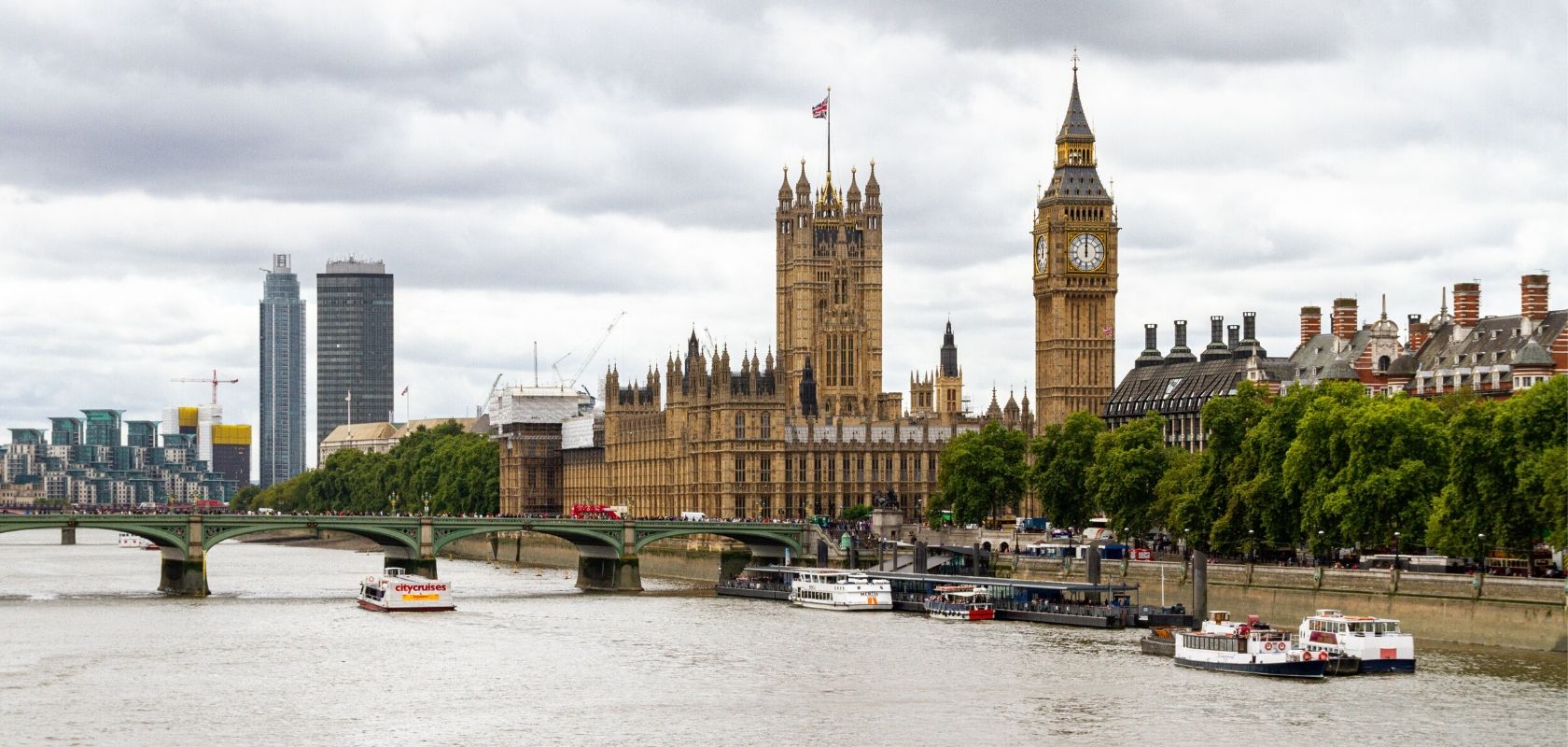The controversial law that would give the UK Office of Communications more power to control internet content will not be discussed for approval, at least for now.
The effect of the new regulations
The proposal, according to the UK government, would aim to eliminate content that is considered “misinformation” and stop any form of harassment or bullying in social networks.
The measure would be the unique approach of the United Kingdom after Brexit was completed and decided not to participate in the controversial regulations approved by the EU.
The government specifically pointed to large social networks such as Facebook or Instagram, inviting them to create associations with fact-checker sites to combat the content of suspicious sources (highlighting those from Russia).
Additionally, technology companies would have to proactively participate to stop any type of harassment or conflict between users.
Companies may face legal charges if they allow these practices. Among the punishments, a jail sentence has also been proposed.
An impossible mission
However, the proposal immediately set off the alarms of companies and organizations, because it would be “impossible to apply” and would only have a “negative impact” on internet freedoms.
The law, among other things, requires that each technology company assign a representative to the UK that could receive accusations from the government on behalf of the company.
The problem lies in what Ofcom considers as “online harassment” and “misinformation” since both concepts can be changed at any time.
Another problem with the proposal is that each company will be responsible for what users publish.
This measure is very similar to Article 13 of the EU regulation law, which has been criticized multiple times for being impossible to implement.
As there is no way to control all user comments and discussions, companies could simply choose to leave the country to avoid legal problems.
In the case that the companies decided to keep operating in the United Kingdom, they would have to have massive control over users’ comments, which would result in massive censorship measures.
Government representatives, such as Julian Knight, however, maintain the position that a law regulating the internet is necessary to make it more secure for all users.
Although the proposal was rejected this time, it has simply been archived for discussion later in the spring of 2020 so freedom-loving internet users aren’t in the clear yet.












